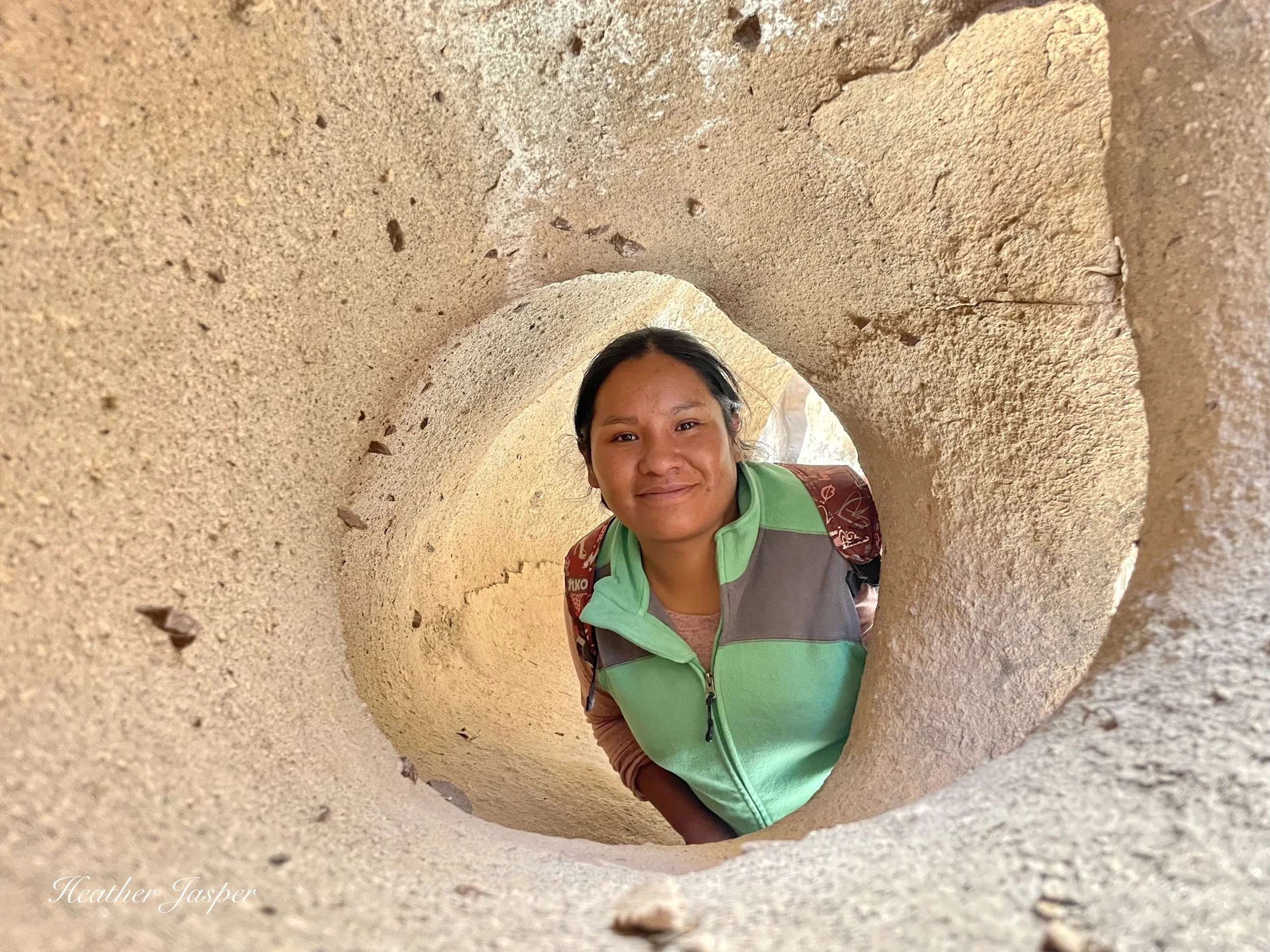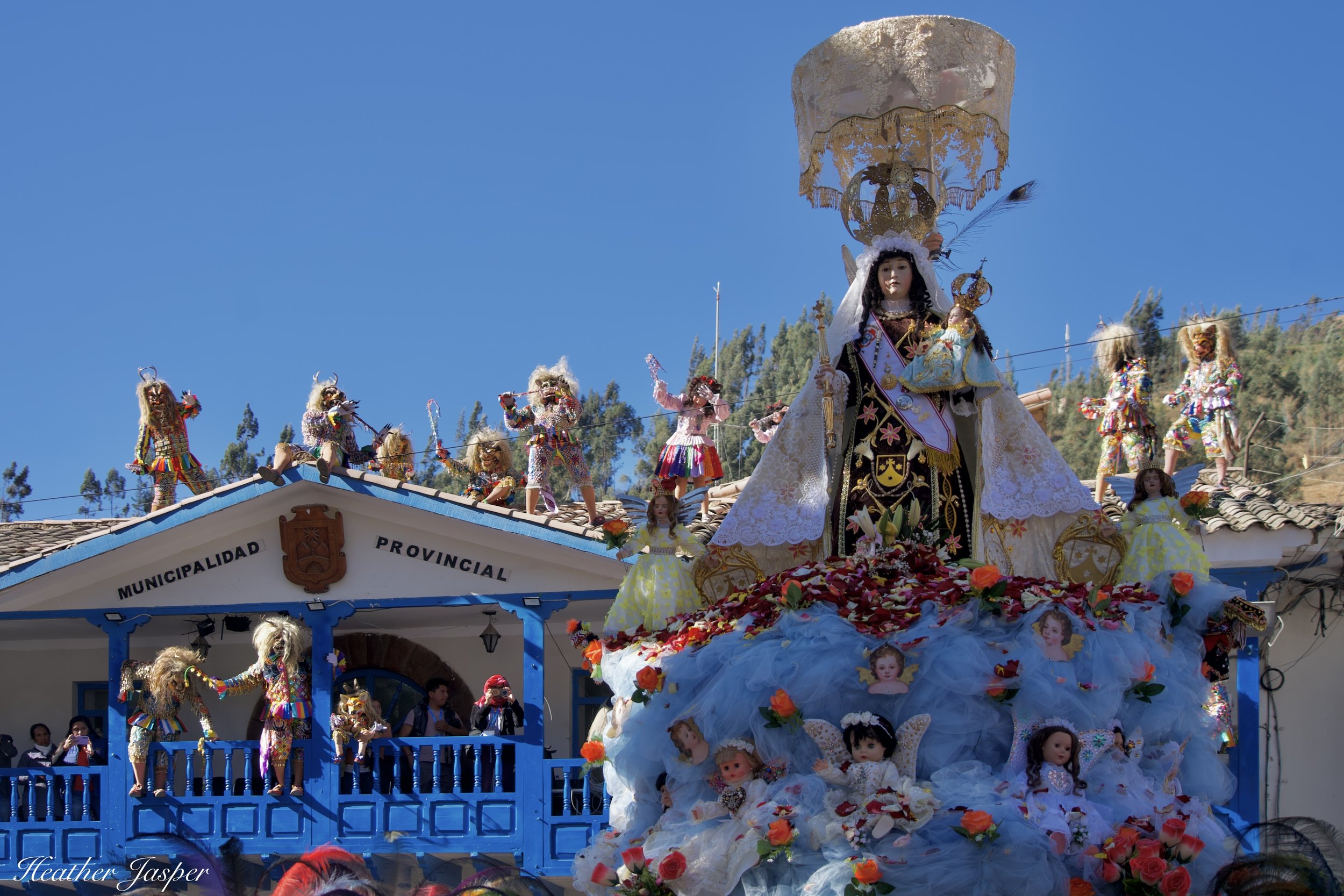Travel Tip 97
How to spot greenwashing
Pristine Camps is one of the few companies that really does hire locally. This is América, my guide for Barranco Canyon.
First, what is greenwashing?
Greenwashing is when a company claims to be sustainable, offset carbon emissions, only serve organic food or anything else that looks good in marketing, but then doesn’t have any proof that those claims are true. Every year, more and more travelers are looking for hotels and resorts that are sustainable. Unfortunately, in the rush to get the best flights at the best price, plus picking all the lodging and activities, most people don’t read the fine print or ask follow up questions when information on a hotel or resort website isn’t clear.
Chacra Ruca Kellen grows berries near Ushuaia and supplies hotels and restaurants with fresh berries, jam and fruit brandy made on the island of Tierra del Fuego in Argentine Patagonia.
3 Ways to Spot Greenwashing
1. They claim to grow all their own vegetables.
It is highly unlikely any hotel or resort is growing all their own vegetables, even if they have a big garden and a very limited menu. Most vegetables are seasonal, need a lot of space and require constant tending, especially if they also claim to not use pesticides. While many travelers say that they want to eat locally grown food, they also expect crisp green salads and familiar vegetable side dishes. Most hotels and resorts pay lip service to what travelers want to hear and then serve travelers what they want to eat, without disclosing the details.
2. They say all their employees are locally hired.
The more remote a hotel or resort is, the less likely that this is true. They need a strong education program and the commitment to send local people to cooking schools and tourism training. Without that, any claim to hire only locally is likely exaggerated. Two places I know that are doing this right are Pristine Camps in Argentina and Posada Lodge in the Peruvian rainforest.
Explora Valle Sagrado in Peru has reusable ojotas for guests in the spa.
3. They say soap or slippers are reused or recycled.
Lately I’ve been seeing more hotels with glass bottles of liquid soap, rather than the tiny bars of soap that are standard, but most hotels still have the little bars of soap. If I have to use one, I bring it home and use it for hand soap because claims of recycling are usually false. Likewise, claims that the soft slippers in your hotel room are reused are highly unlikely. If you have to use them, take them home because the hotel is almost certainly not reusing or recycling them.
The Bottom Line
Claims to be sustainable or “green” without proof to back them up, is almost always false. Look for hotels, resorts and tour companies that make it easy to find details about how they are sustainable on their website and in ads. If it looks too good to be true, it probably is.
The Festividad de la Virgen del Carmen is in the town of Paucartambo every July 15-18.
Blog
Here are four of my favorite festivals, which are all happening in June and July this year. If you or anybody you know is coming to Peru in June and July, this blog is for you!
Article
On my latest trip to Aguas Calientes (with Mountain Lodges of Peru) I visited Sumaq and while I didn’t get to stay there, I loved it enough to write a review for Luxury Latin America. This is the sort of hotel that reminds me that we don’t have to stay in luxury hotels to enjoy looking at them. It’s like going to open houses when you don’t really plan to buy a house.





